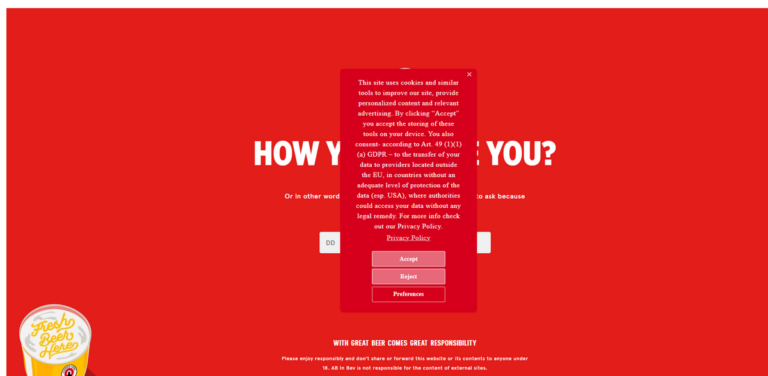Waste can be turned into sustainable paper and packaging
Every year, millions of tonnes of wheat straw and other agricultural waste are burned or left to decay, resulting in millions of tonnes of carbon emissions globally. EcoPulping is a low-carbon method that converts agricultural wastes (such as cereal straw, reed, maize stover, and others) into unbleached paper pulp that may be used to make paper, packaging, or moulded items. The pulp produced is an alternative to wood pulp. With increased strain on forests and rising demand for packaging items, new fiber sources are required. The innovative EcoPulping method uses up to 50% less energy and 95% less water than typical pulping processes and is cost effective even on a small scale. Chemicals and liquids are recycled in a closed-loop system, and byproducts are employed as fertilizer/soil conditioners or in industrial applications. A model of circular economy and carbon reduction!
Positive facts about Nafici EcoPulping
120,000t of straw from being burnt or left to rot = 9,500 tonnes of CO2 saved
reduce energy consumption by 270,000 GJ (the equivalent of 27,000 Tonnes of CO2)
Payback between 3 to 8 years depending on the type of plant
Investment cost per tonne of pulp up to 1/3 of traditional pulping
Nafici EcoPulping website : https://nafici-research.com/micro-mill-project/

